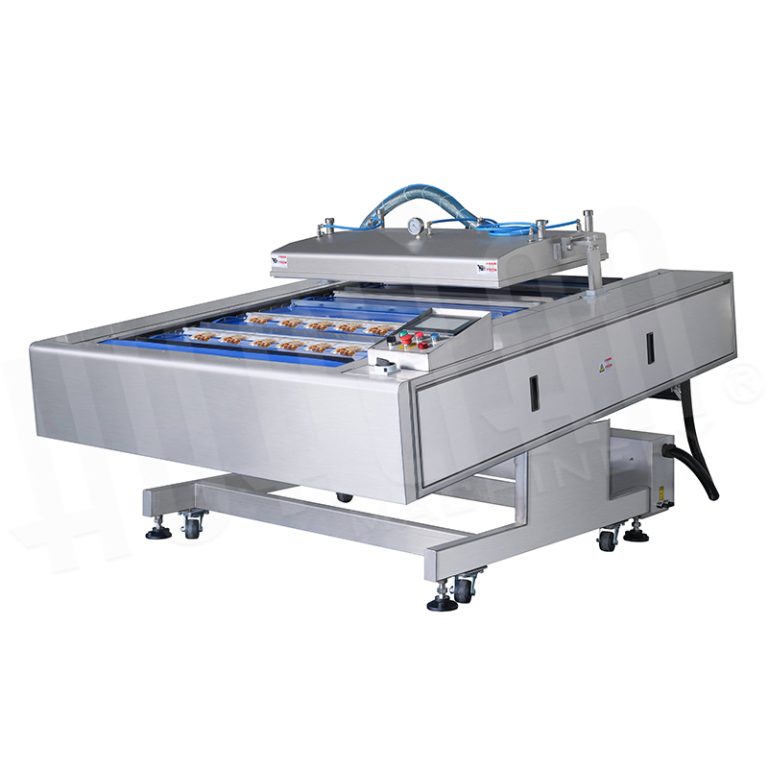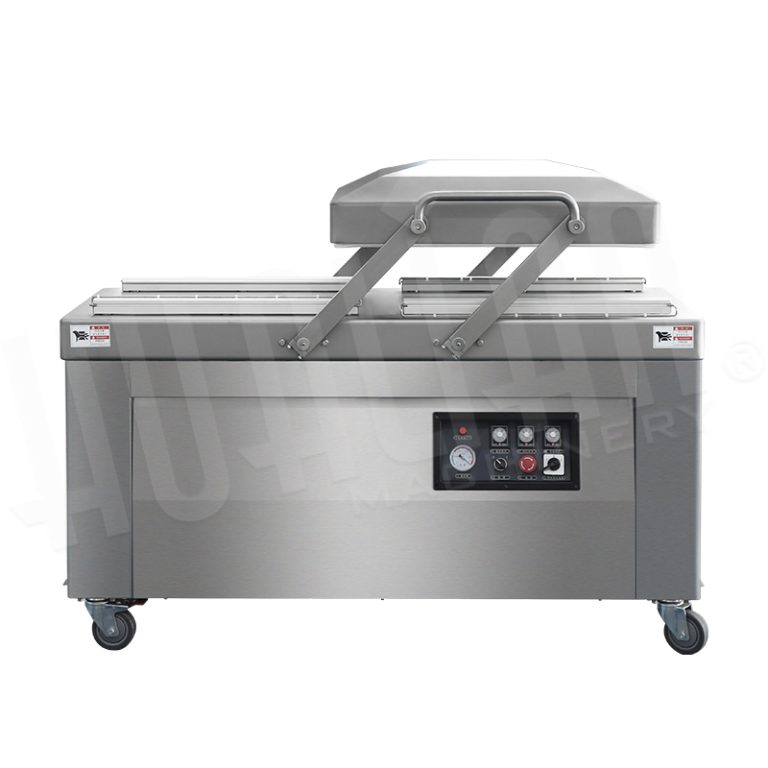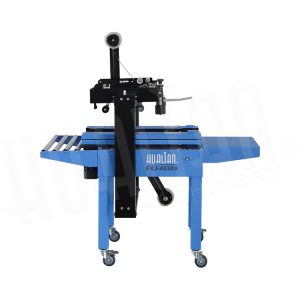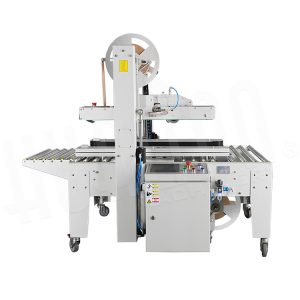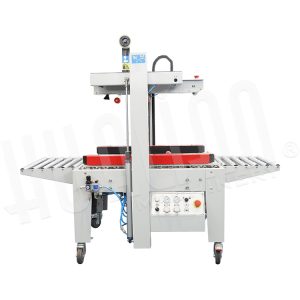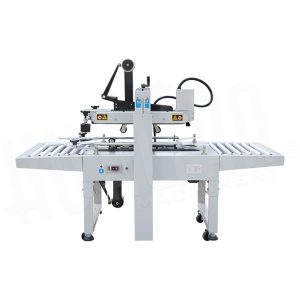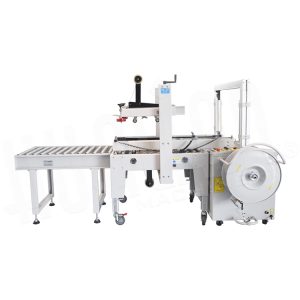Table of Contents
ToggleIntroduction
In today’s fast-paced world, vacuum packaging machines have revolutionized how we store, transport, and preserve food. With growing concerns about food waste and safety, businesses and households are turning to vacuum packaging equipment to extend shelf life and reduce spoilage. Whether it’s for retail-ready meals or bulk storage in commercial kitchens, food vacuum packaging machines play a crucial role in modern food preservation.
The Popularity and Importance of Vacuum Packaging
Extend Shelf Life With Our Vacuum Packaging Machines Today!
Vacuum sealing is now a staple method in food processing, distribution, and storage. From supermarket shelves to restaurant kitchens, vacuum sealer machines help keep products fresh by removing air—slowing oxidation, preventing moisture loss, and protecting against contamination. As demand for longer-lasting, high-quality food grows, so does the reliance on chamber vacuum sealers, automatic vacuum packing machines, and other advanced sealing technologies.
Learn More: How Do Vacuum Packaging Machine Work?
Why Does Vacuum Packing Preserve Food?

Vacuum packing works by removing oxygen from the packaging environment. Oxygen is one of the primary factors that cause food spoilage, as it fuels the growth of bacteria, mold, and yeast. By creating an oxygen-free environment, vacuum machine packaging slows down these biological processes, helping to maintain texture, flavor, and nutritional value.
Additionally, vacuum-sealed packaging prevents freezer burn, dehydration, and cross-contamination. This makes vacuum packed food storage ideal for perishable items such as meat, fish, cheese, and pre-cooked meals.
How Long Will Vacuum Packed Food Last?
Vacuum packing can significantly extend the shelf life of various foods—but how long exactly? The answer depends on several factors, including food type, packaging quality, and storage conditions.
Factors Affecting Vacuum Packed Food
Food Type
Different foods respond differently to vacuum sealing:
- Raw meat: Typically lasts 1–2 weeks in the refrigerator when vacuum sealed.
- Cooked meat: Can last up to 2 weeks under refrigeration.
- Cheese: Often extends shelf life from 2 weeks to 4–8 weeks.
- Vegetables: Blanched and vacuum packed vegetables can last 8–12 months in the freezer.
- Dry goods (grains, nuts): Shelf life can extend to 1–2 years when vacuum sealed and stored properly.
Packaging Quality
The effectiveness of your vacuum sealer and the quality of the packaging material greatly influence shelf life. Low-quality vacuum bags may not offer proper air barriers, leading to quicker spoilage. Commercial-grade food vacuum packaging machines ensure stronger seals, consistent vacuum levels, and durable packaging.
Storage Conditions
Even the best vacuum sealed food can deteriorate quickly if not stored under proper conditions. Temperature control, humidity, and exposure to light all impact longevity.
How Long Will Vacuum Packed Meat Last in the Refrigerator?

Vacuum packed fresh meat can last up to 10–14 days in the refrigerator, compared to just 3–5 days with standard wrapping. If frozen, it can remain safe for consumption for up to 2–3 years, while retaining its quality for around 6–12 months.
For best results, use a meat vacuum packing machine combined with refrigeration at 0–4°C (32–39°F) or freezing at -18°C (0°F).
Is Vacuum-Packed Food Safe from the Growth of Bacteria?
Vacuum sealing reduces the presence of aerobic bacteria, which require oxygen to grow. However, it’s important to note that anaerobic bacteria (like Clostridium botulinum) can still grow in low-oxygen environments if food is stored improperly.
This is why vacuum packed food must always be stored at the recommended temperatures. Using automatic vacuum packing machines with precision controls helps ensure a consistent seal, reducing the risk of contamination.
Proper hygiene, food handling practices, and routine maintenance of your vacuum packaging machines are also essential to maintain food safety.
Conclusion
Vacuum packaging is a powerful preservation method that significantly extends the shelf life of perishable food products. While the exact duration varies by food type and storage method, using the right vacuum sealer machine, quality packaging materials, and appropriate storage conditions can keep food fresh for weeks—or even months—longer than traditional packaging.
Whether you’re in the food processing industry or simply want to keep your meals fresh at home, investing in a reliable chamber vacuum sealer or food vacuum packaging machine is a smart choice. For meat, dairy, dry goods, or cooked meals, vacuum machine packaging offers safety, efficiency, and longer-lasting freshness.



